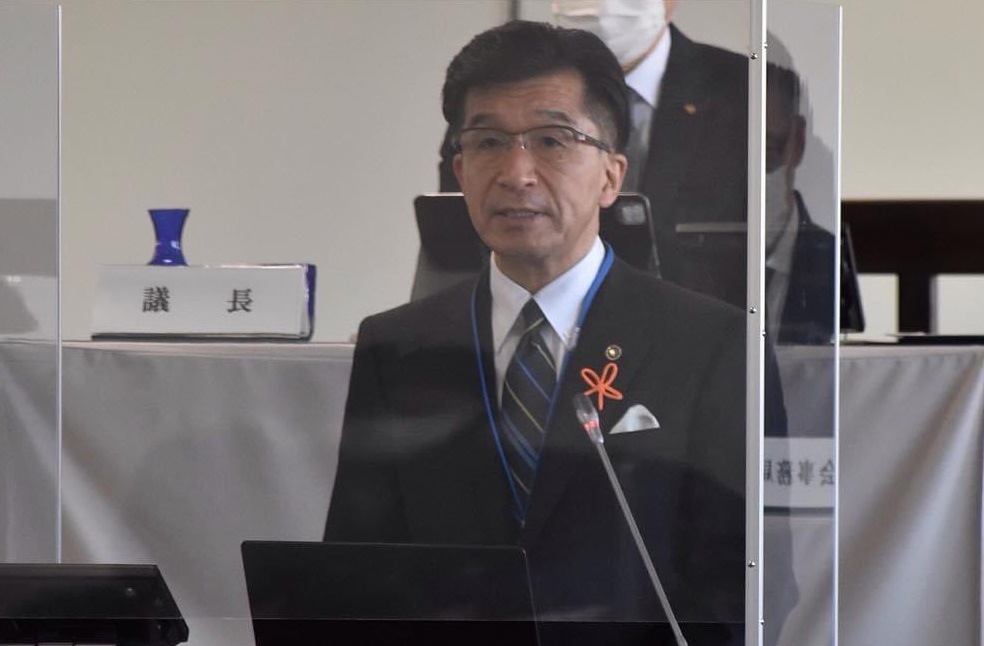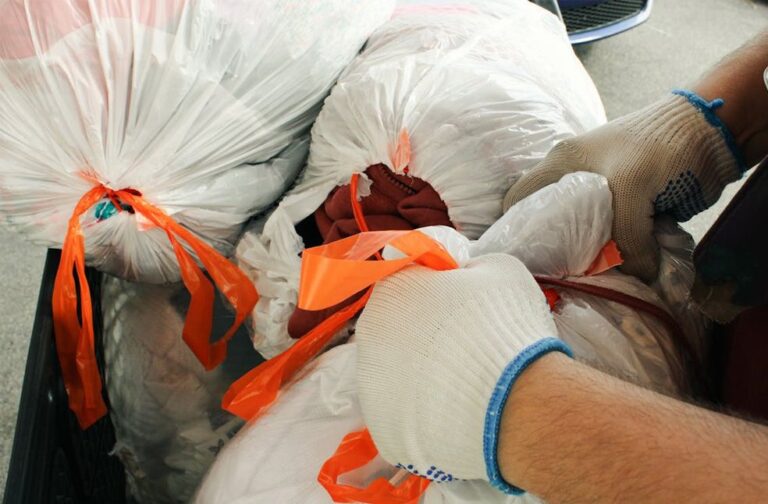Fukushima, Japan: Known for having some of the strictest garbage disposal rules in the world, Japan is about to tighten its waste management regulations in Fukushima.
Starting in March, the city will begin inspecting bags of trash that do not comply with disposal guidelines, such as improperly sorted waste or bags that exceed size limits. In some cases, the city will publicly identify the individuals or businesses responsible for the violations.
The new regulations, which were passed in a municipal meeting, aim to further Japan’s ongoing efforts to enhance its waste management system. While many cities in Japan open garbage bags to check for compliance, Fukushima is believed to be the first to publicly disclose the names of offenders, both individuals and businesses.
Last year, Fukushima reported over 9,000 cases of non-compliant garbage. Currently, when workers find non-compliant trash, they place stickers on the bags informing residents of the violation. The resident must then take the trash back, re-sort it, and hope to avoid the same issue next time.
Under the new regulations, if unsorted trash remains for a week, city workers will inspect the bags and attempt to identify the violators by looking for items like mail. Those found in violation will first receive a verbal warning, followed by a written advisory. As a final measure, the offenders’ names may be published on the city’s website.

The city authorities have addressed privacy concerns, ensuring that inspections will be carried out privately. Fukushima’s waste disposal system requires bags to be placed at designated collection points by 8:30 AM, but they cannot be left out the night before.
Trash is separated into three categories: combustibles, non-combustibles, and recyclables, which are collected according to different schedules. For larger items like household appliances and furniture, residents must schedule a separate pickup.
Fukushima’s mayor, Hiroshi Kohata, emphasized that the new rules aim to encourage waste reduction and proper disposal. He stated that there is nothing illegal about publicly naming those who refuse to follow the guidelines and who fail to comply with the city’s advisory.
Japan has long focused on reducing waste, promoting recycling, and moving away from landfills. Since the 1990s, the national government has made these goals a priority, with local authorities introducing various initiatives.
In Kamikatsu, for instance, residents sort their trash into 45 categories as part of an ambitious zero-waste initiative. Kagoshima prefecture has implemented a rule requiring residents to write their names on trash bags, while last year, Chiba city piloted an AI assistant to help residents properly dispose of their trash.



